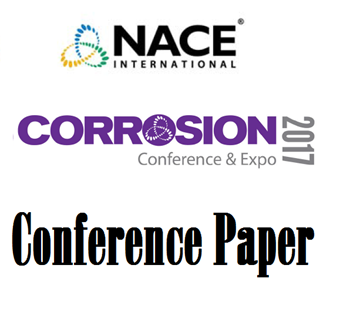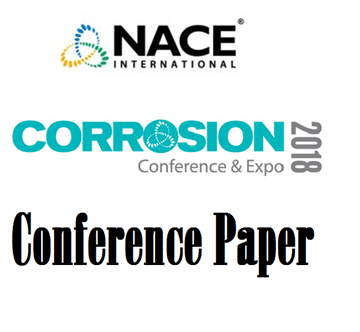Search
Statistics to Compare Alloy 718 Properties from Additive Manufactured and Newer Mill-Produced Bar Stocks
Also Purchased
51317--9667-Additive Manufacturing for Sour Service: an Experimental Investigation
Product Number:
51317--9667-SG
ISBN:
9667 2017 CP
Publication Date:
2017
$20.00
51318-11171-Exploring the Corrosion Behavior of Alloy UNS N07718 Manufactured by Additive Manufacturing Under Different Building Directions
Product Number:
51318-11171-SG
Publication Date:
2018
$20.00
51314-4478-High-Temperature Oxidation Behavior of Alloy 718 Processed by Additive Manufacturing
Product Number:
51314-4478-SG
ISBN:
4478 2014 CP
Publication Date:
2014
$20.00




